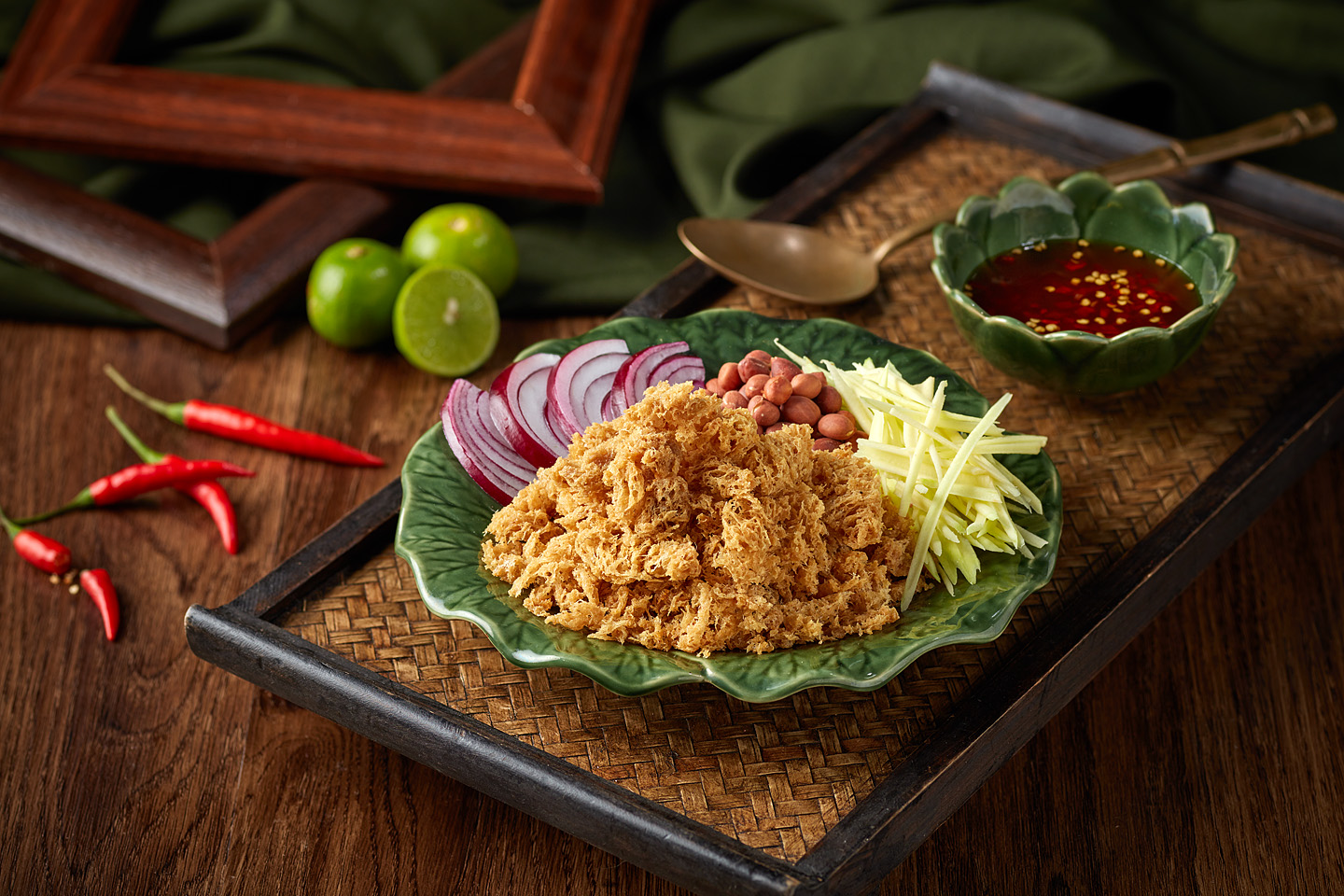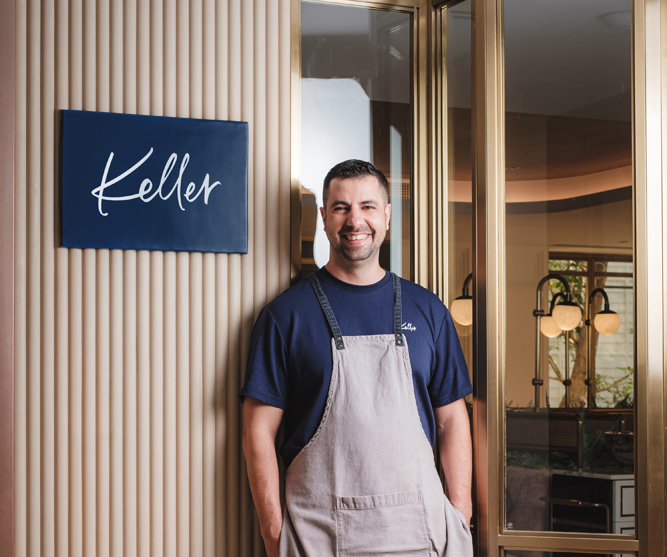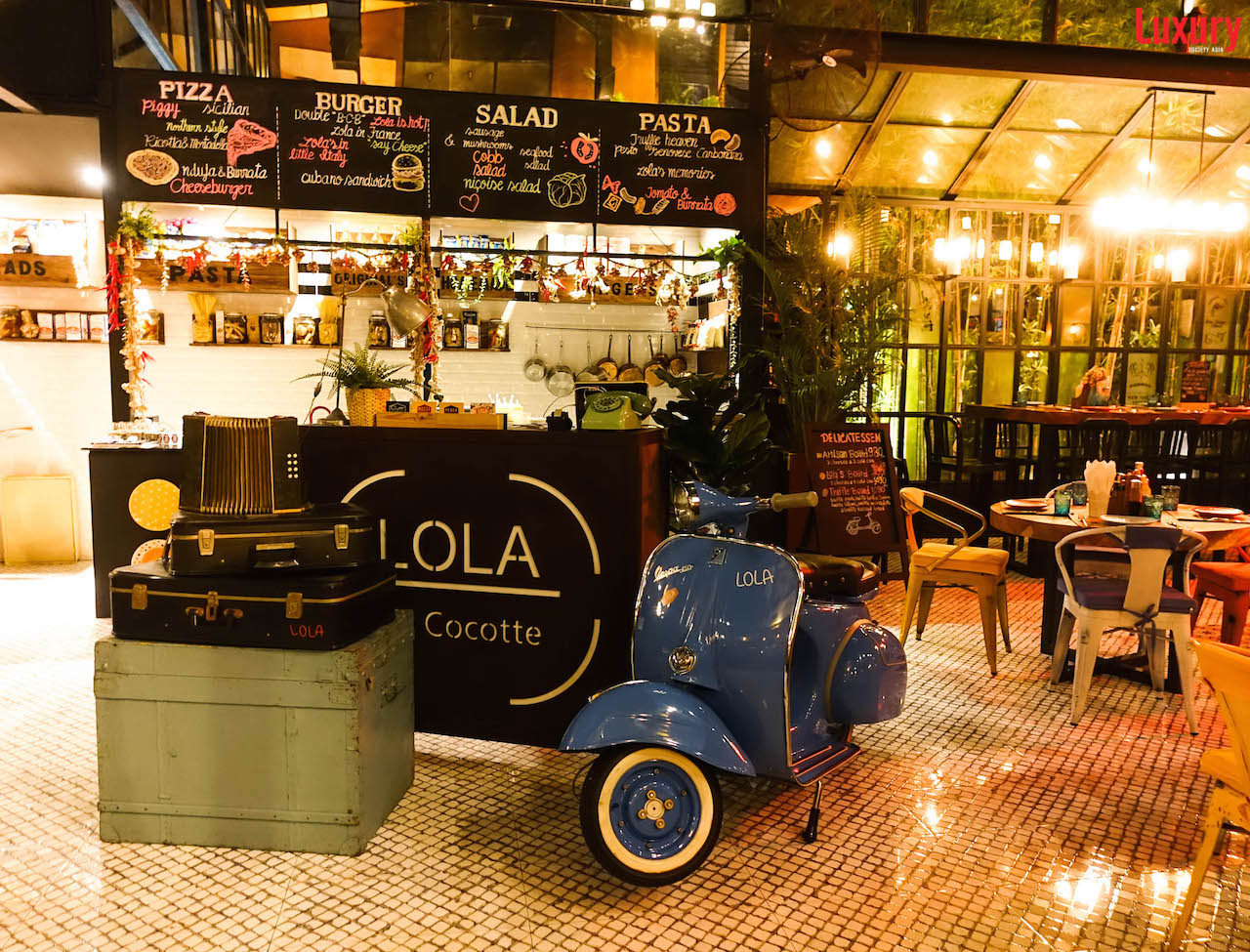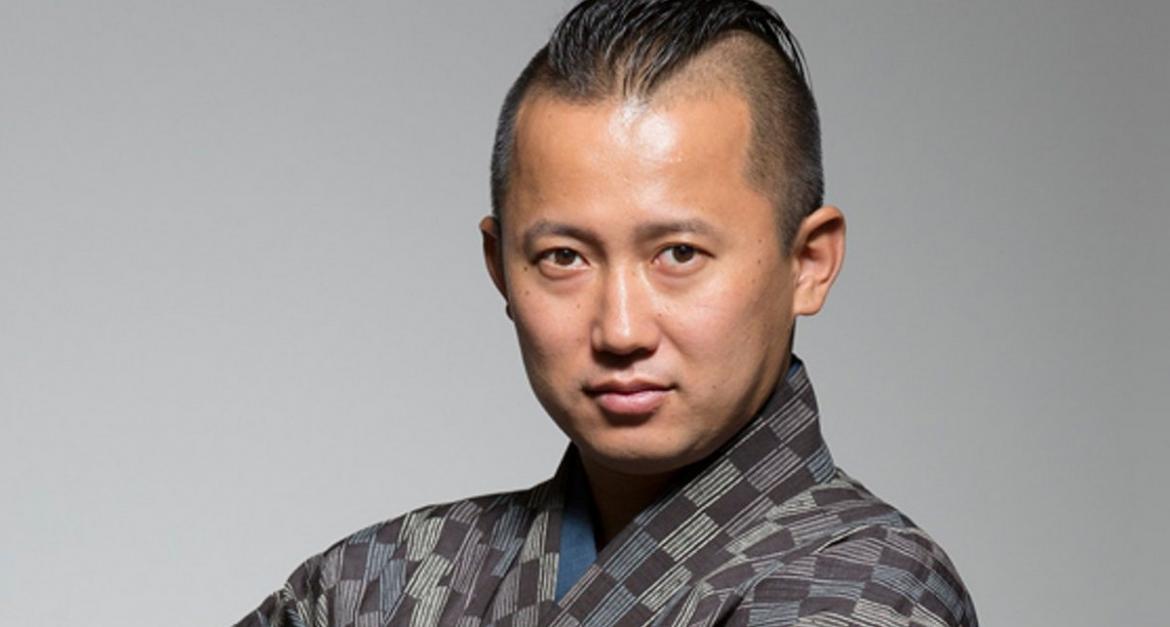Realistic Sustainability
Sustainability is not just about political correctness, it has to be economically realistic to work
No matter how high profile the chef or the quality of the ingredients used, sustainability is essential for any restaurant to be successful. Raymond Blanc even goes as far as to say that he values sustainability awards over Michelin stars.

Story by Laurence Civil
Having the highest quality, fresh ingredients is possibly the most important for a successful restaurant. But making sure that only what is needed is ordered, can be more difficult. Not having ordered enough could mean a loss of business if an unexpected customer turns up. But over ordering can lead to food waste, which can viciously eat into profit margins. Profitability is essential and getting the balance right can be a bit of a juggling act that has to be mastered,
There are several key factors to achieving sustainability. Don’t be burdened with having to serve an all-year menu. Rather opt for cooking what’s in season. The ingredients will be at their best, with no additional cost. Produce can be bought at the best price, which allows the restaurant to charge an affordable price.

Partnering with the right producers thus is essential. Things work better when both sides understand what the other is trying to achieve and understands when certain demands are unrealistic.
Restaurants that grow their own herbs and vegetables have a favourable advantage. Likewise building relationships with local suppliers to deliver a realistic farm-to-table meal that affords their customers the best dinning experience. In doing so they have the provenance of knowing how the food has been grown and raised and what it has been exposed to during that process.

Being as locovore as possible, buying local whenever possible is a big help, it reduces the carbon footprint. Being eco-friendly is great, but it has to be at a reasonable price to be practical – sustainability just to be politically correct isn’t economically realistic. It has to be done in a way that the business, the service team and the customer all benefit. It’s not just enough for the management to beat the sustainable drum without encouraging their entire team to embrace it. We reached out to chefs whose restaurants were recently listed on Asia’s 50 Best Restaurants 2017 to find out how the ideology can realistically be implemented.
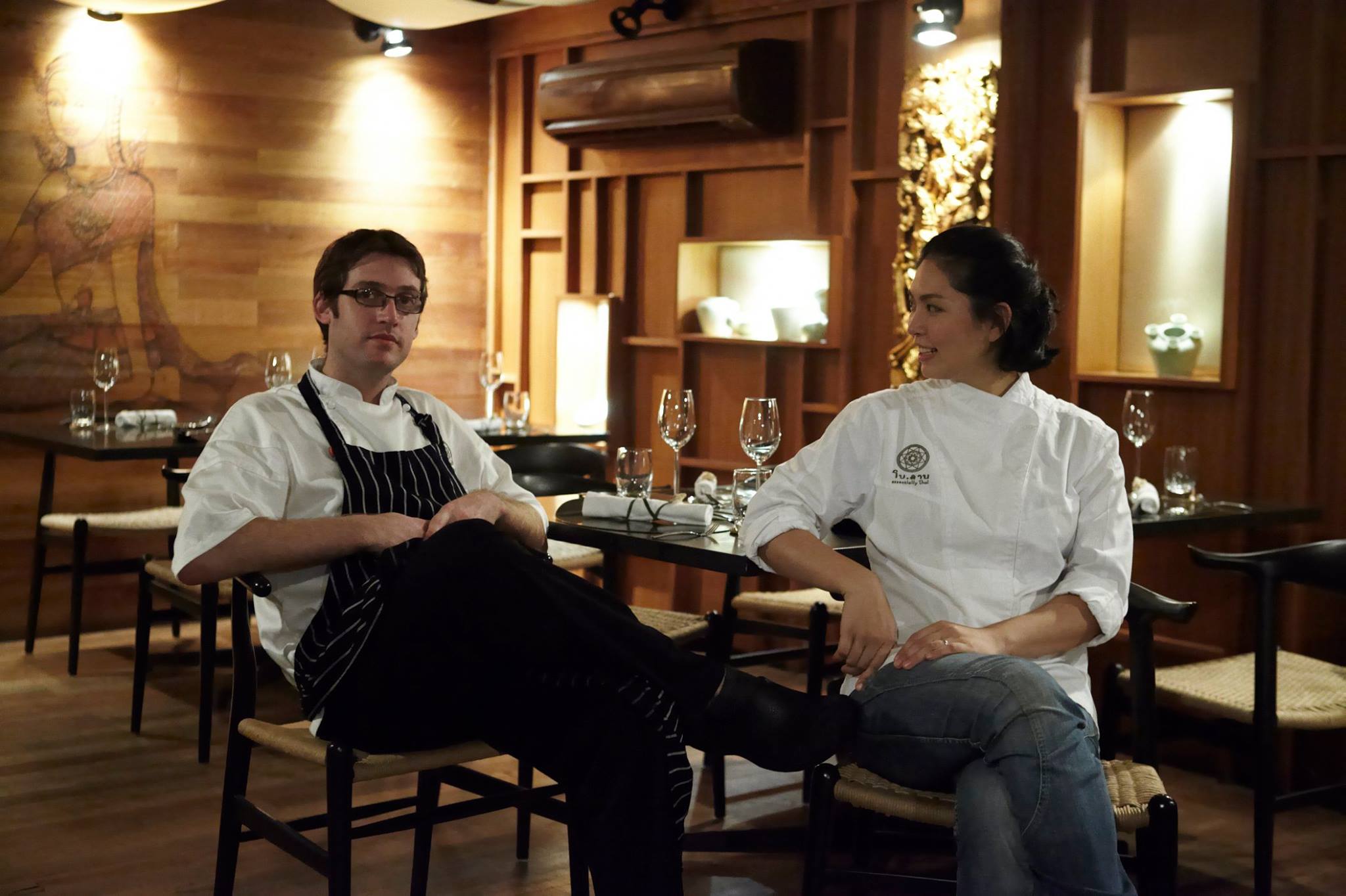
Chef Dylan Jones from Bo.lan tells us that sourcing the right ingredients is very important. As he colloquially puts it, “To make it super simple you want to have bums on seats, to do that you need to have a good reputation. The easiest way to build a good reputation for a fine dinning restaurant is to serve good quality food cooked well and consistently.” But to be more specific, the ingredients also help spread the message and the chef’s food philosophy: by choosing to support local farmers and artisans, by only using ethically raised/killed animals, by sourcing only sustainable seafood, they can promote sustainability and environmental consciousness.

Retaining staff is probably one of the biggest challenges in the industry. Poachers are always on the look out for well trained staff. They try to tempt them away with promises that too often aren’t delivered. “We’ve invested a lot of space in the restaurant for staff needs,” says Dylan. “Retaining staff means less retraining and overall consistency. Its also just being plain nice to work with people you know and trust.” He concludes,“Sustainable business practices are the only way forward to ensure the future of the food systems and the planet.” To read more about Chef Dylan
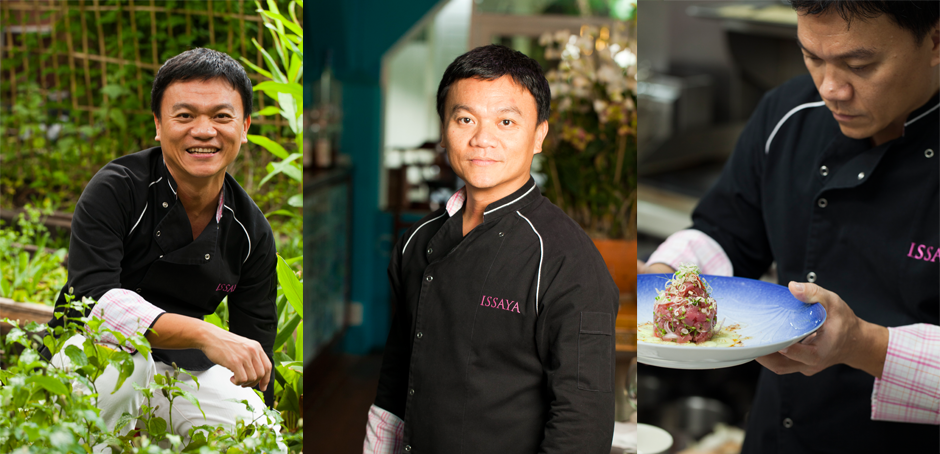
Chef Ian Kittichai has a very holistic view of the matter. Says he, “Sourcing ingredients, relationships with business partners, retaining staff and permanency of tenancy agreements all have to be in balance. If any of these areas do not go well or function properly, it can mean the restaurant is out of business, even if it was a financial success or popular.” Business partners, landlords, and locations being re-sold for development can be kept in order by strong properly written contracts and leases. It really depends on the laws in place and their proper enforcement – in some cities the restaurant industry is a victim of greedy landlords.
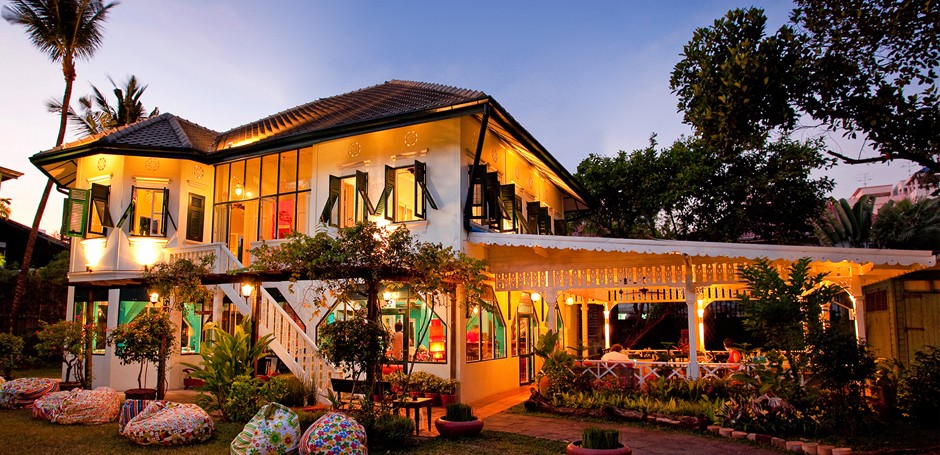
As for sourcing the right quality of ingredients, it all depends on your menu, relationships with suppliers. This aspect most easily lends itself into the areas of environmental sustainability as well as business sustainability. Knowing and trusting your supplier is important as well as managing food wastage – both for the budget and for the environment. Retaining good service staff is a challenge everywhere, not just in Asia. To learn more about Chef Ian

Chef Ton – Thi Tid Tassanakorn, co-owner of Le Du, who having worked with some of the best in New York is possibly one of the few Thai chefs who really understands the global restaurant scene. For him it’s all about sustainability, using only the best quality ingredients he can find. He was once incorrectly recognised as a French restaurant because of his technique and plating style. He is 100 percent a Thai chef.
His biggest concern about sustainability is that other chef’s will compromise on price but not him. He passionately believes, “local sustainable products taste better and if sourced carefully don’t affect the bottom line.” He treats his team with the same respect he does his ingredients and wishes that other chefs could do the same. To learn more about Chef Ton

Chef Olivier Limousin tells us when you work for one of the world’s culinary masters – Joel Robuchon life is less challenging. He can easily source the best high quality ingredients available in Thailand. What he can’t source locally he can easily import from Japan, France or elsewhere.
Being a famous name doesn’t in itself guarantee a sustainable team. They ensure that they treat the staff well and give them the best training. He goes out of his way to create a positive energy in the kitchen and build a strong team spirit regardless of the individual job title. To read more about L’Atelier de Joël Robuchon
Sustainability is key to the future of the restaurant industry and needs to be stressed and encouraged.


